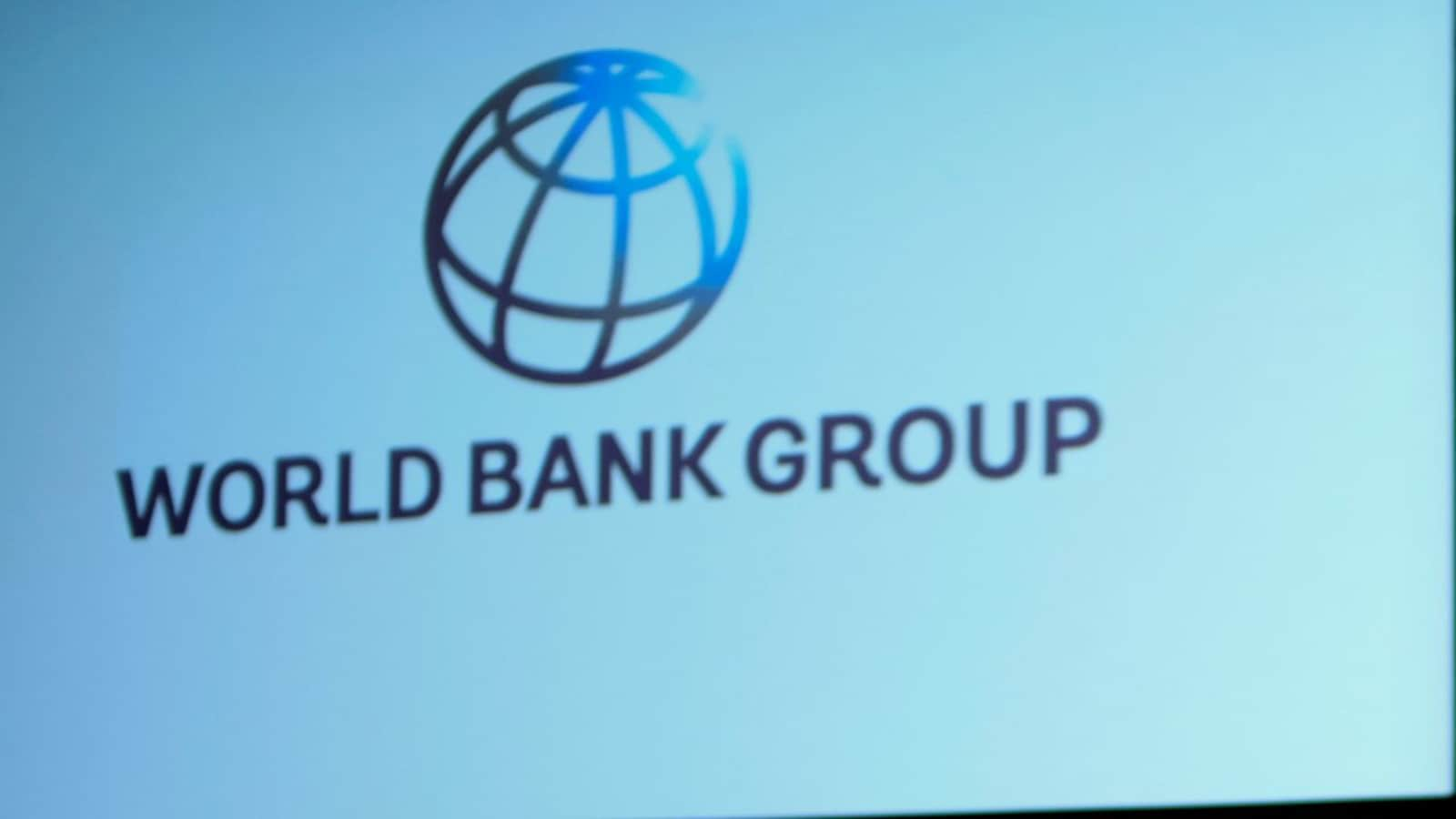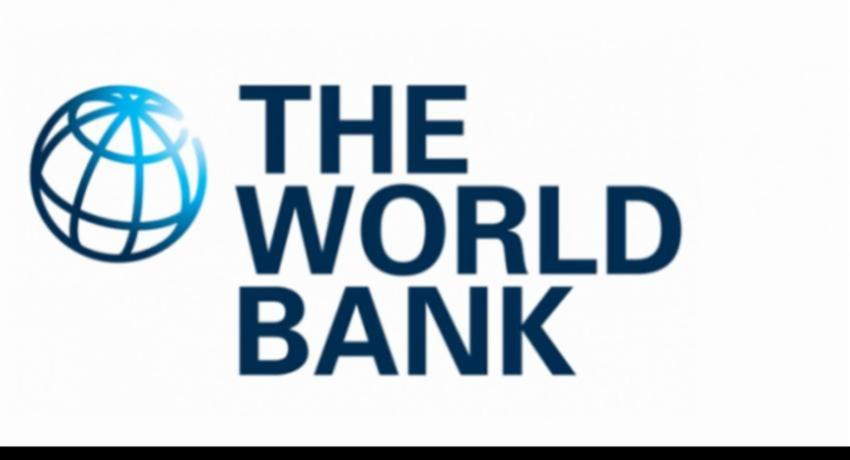Maharashtra seeks World Bank aid for upgrading infra, capacity building

Maharashtra seeks World Bank aid for upgrading infra, capacity building
Under the leadership of Chief Minister Eknath Shinde, the Maharashtra government has reached out to the World Bank seeking assistance for upgrading infrastructure and capacity building in the state. The request indicates the state government’s efforts to secure external funding and support to enhance various sectors and improve the overall development of Maharashtra.
By seeking assistance from the World Bank, the state government aims to access financial resources and technical expertise to undertake projects and initiatives that will boost infrastructure development and enhance the capacity of various sectors in the state.
Such projects may include investments in transportation, healthcare, education, urban development, and other critical areas that contribute to the state’s growth and progress.
The collaboration with the World Bank can provide the Maharashtra government with additional resources and global best practices to implement projects efficiently and effectively. It can also contribute to strengthening governance and institutional capacity, enabling the state better to address the needs and aspirations of its residents.
As the process unfolds, the state government is likely to work closely with the World Bank to identify priority areas and design projects that align with the development goals of Maharashtra. Through this partnership, the government aims to accelerate the state’s progress further and ensure inclusive and sustainable development for its citizens.
According to a report by PTI, Maharashtra Chief Minister Eknath Shinde highlighted that the World Bank is not merely a fund-giving organization but also a valuable source of knowledge for developing countries.
The statement indicates the recognition of the World Bank’s multifaceted role beyond financial assistance.
Shinde’s acknowledgement suggests that the Maharashtra government sees the World Bank as a significant partner in providing financial resources and technical expertise, research, and knowledge sharing. The World Bank’s extensive experience and expertise in development projects across various countries can be a valuable resource for Maharashtra’s development initiatives.
By collaborating with the World Bank, the Maharashtra government can tap into a wealth of global best practices, lessons learned, and innovative solutions to address complex development challenges. This knowledge transfer can help the state government make informed decisions, design effective policies, and implement projects that align with international standards and best practices.
The partnership with the World Bank is expected to provide Maharashtra with access to a diverse range of resources, including technical assistance, capacity-building programs, and research insights. Such collaboration can significantly enhance the state’s ability to address pressing development issues and achieve sustainable and inclusive growth.
Maharashtra Chief Minister Eknath Shinde emphasized that the partnership with the World Bank will play a crucial role in improving the standard of living for the people of Maharashtra. He highlighted the state’s strengths, including its well-skilled workforce and modern infrastructure facilities, which provide a strong foundation for development initiatives.
The state government is focusing on several key areas to enhance Maharashtra’s overall quality of life. These include efforts to improve green technology, strengthen disaster management capabilities, enhance health services, and upgrade port infrastructure facilities. These initiatives are expected to contribute to sustainable development, environmental conservation, and the overall well-being of the population.
Deputy Chief Minister Devendra Fadnavis also attended the World Bank meeting and shared the government’s vision for making Maharashtra drought-free. One of the strategies being considered is the linking of rivers, a large-scale water management approach that aims to improve water availability and irrigation in drought-prone regions.

The Maharashtra government is aligning its development plans with global best practices and innovative solutions through its partnership with the World Bank and other stakeholders. By combining local expertise and resources with the knowledge and support from international partners, the state seeks to address critical challenges and foster inclusive and sustainable development.
These collective efforts to improve infrastructure, disaster management, healthcare, and water management demonstrate the state government’s commitment to uplifting the lives of its citizens and ensuring a prosperous and resilient future for Maharashtra.
Collaboration with the World Bank is expected to be vital in accelerating progress and achieving the state’s development objectives. Deputy Chief Minister Devendra Fadnavis has revealed the government’s plan to address the issue of drought in Maharashtra. The strategy involves diverting water from rivers that flow westward to the Godavari Valley and linking rivers in the Vidarbha region.
The proposed river-linking project aims to facilitate the transfer of water from water-rich regions to drought-prone areas in Vidarbha. By diverting water from rivers flowing westward, which may have excess water during certain seasons, to the Godavari Valley, the government aims to improve water availability in the region.
River linking is a large-scale water management approach that seeks to enhance water availability and irrigation in areas facing water scarcity. If successfully implemented, the project could help mitigate the impact of drought and provide much-needed water resources to support agriculture and other economic activities in Vidarbha.
Drought is a significant challenge for several regions in Maharashtra, and addressing water scarcity is a priority for the state government. The river-linking project represents a proactive approach to managing water resources and ensuring a more sustainable and equitable distribution of water across the state.
It is important to note that river-linking projects are complex and require careful planning, assessment of environmental impacts, and stakeholder consultations. The success of such projects depends on effective implementation and ongoing management to ensure long-term benefits and minimize potential adverse effects on the ecosystem.
As the Maharashtra government explores the possibilities of river linking, it is likely to involve various stakeholders, experts, and authorities to ensure that the project is implemented responsibly and in alignment with sustainable development goals.
Under Chief Minister Eknath Shinde, the Maharashtra government has sought assistance from the World Bank for various developmental initiatives in the state.
The focus areas include improving traffic management in Mumbai, promoting green energy projects, enhancing services to people in each district, and boosting overall economic development. Seeking support from the global fund-giving body indicates the government’s commitment to leveraging international expertise and resources to address key developmental challenges.
Additionally, Chief Minister Shinde attended the foundation stone laying ceremony of the Dharmveer Anand Dighe Cancer Hospital in Thane. The hospital has been named after Anand Dighe, who was Chief Minister Shinde’s mentor and a prominent figure in the Shiv Sena party. Chief Minister Shinde expressed deep honour in having the hospital named after his mentor, who was renowned for his dedicated work towards the welfare of people.

The new cancer hospital is expected to serve as a crucial healthcare facility, providing specialized treatment and care to cancer patients. Chief Minister Shinde emphasized that the hospital’s establishment would bring hope and a new lease on life to those battling cancer.
Through these initiatives, the Maharashtra government is demonstrating its commitment to improving healthcare infrastructure, promoting sustainable development, and addressing critical challenges faced by the state.
The collaboration with international institutions like the World Bank reflects the government’s proactive approach to seeking expertise and resources for the overall progress and well-being of the people of Maharashtra. The cancer hospital, named Dharmveer Anand Dighe Cancer Hospital, will be established in the town centre premises of Thane Municipal Corporation in Rustamji Home Complex, Balkum. The project will be undertaken in collaboration with Jito Educational and Medical Trust and Tata Memorial Hospital.
The hospital will have a significant built-up area of 24,000 square meters, providing ample space for medical facilities, treatment centres, and support services for cancer patients. Additionally, an adjoining plot of 12,000 square meters has been allocated for the project, which will likely be utilized for further expansion and future cancer care and research developments.
The selection of the location within the Thane Municipal Corporation premises reflects the strategic approach to providing accessible and centralized healthcare services to the people of Thane and the surrounding areas.
By partnering with Jito Educational and Medical Trust and Tata Memorial Hospital, the Maharashtra government aims to leverage the expertise and experience of these renowned institutions in cancer treatment and research. This collaboration is expected to enhance the quality of care and treatment options available to cancer patients in the region.
The establishment of Dharmveer Anand Dighe Cancer Hospital marks a significant step in improving healthcare infrastructure and specialized services for cancer patients in Thane. It reflects the government’s commitment to prioritizing healthcare and addressing the pressing needs of cancer patients. The hospital is expected to play a vital role in providing comprehensive cancer care, offering hope and support to patients and their families in their fight against cancer.





